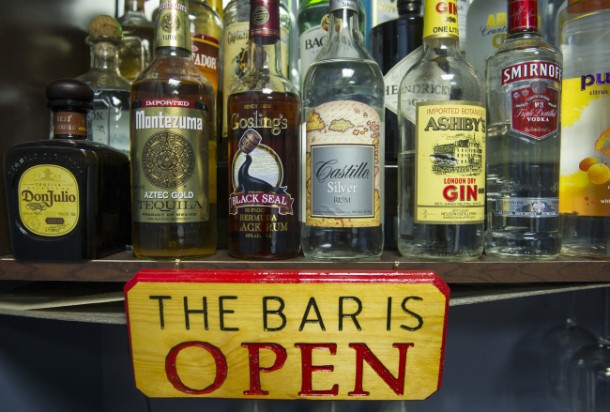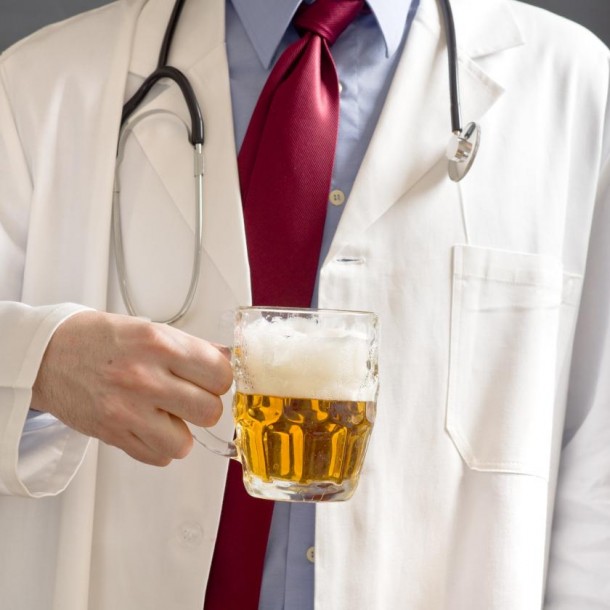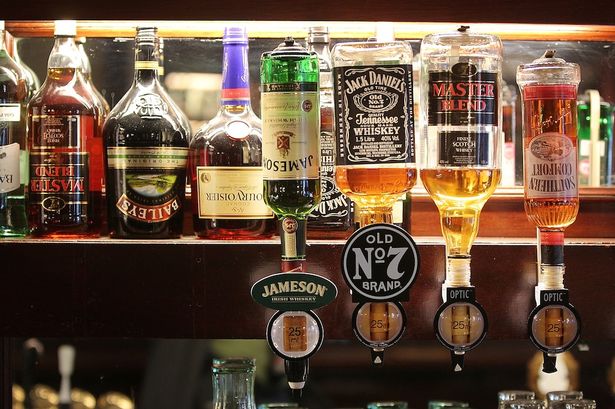Welcome to the hospital at National Institutes of Health in Washington that has a completely stocked bar. Sounds weird, doesn’t it? Well, before you go all skeptical, let us disclose that the bar is fake and the bottles have been filled with colored water. The setup is a part of an experiment to ascertain how effective the latest anti-drinking drug is. The fake bar has been designed so as to enhance the craving of participants taking part in a test to ascertain if the pill is capable of countering the desire to drink.
Dr. Lorenzo Leggio – the lead researcher for the project – said, “The goal is to create almost a real-world environment, but to control it very strictly.” He further stated that the pill has a hormone known as ghrelin that enhanced the appetite for food and thus inhibits the urge to drink. That is the theory at least.
NIH’s bar lab is one of about a dozen such bars located in US that are trying to find out the results of using ghrelin. The hormone is produced by the stomach naturally and controls the appetite of the user by tinkering with the receptors in brain. According to researchers, there exists an overlap between receptors responsible for alcohol craving and overeating. Dr. Leggio is now busy in determining whether inhibiting ghrelin’s actions will also have an effect on the cravings via this experimental drug that was initially created for diabetes but never made it to the market.
According to studies, 17 million persons in the US are affected by disorders pertaining to alcohol, however, only a fraction of this number get treated. There is also no single and effective therapy since everyone responds in a different manner based upon their genes. There are some who react well to naltrexone while there are also people who respond much better to acamprosate.
Dr. George Koob, director of NIH’s National Institute of Alcohol Abuse said, “Our hope is that down the line, we might be able to do a simple blood test that tells you if you will be a naltrexone person, an acamprosate person, a ghrelin person.” He also said that for an alcoholic to recover completely, a number of factors come into play before the person can finally change habits.


